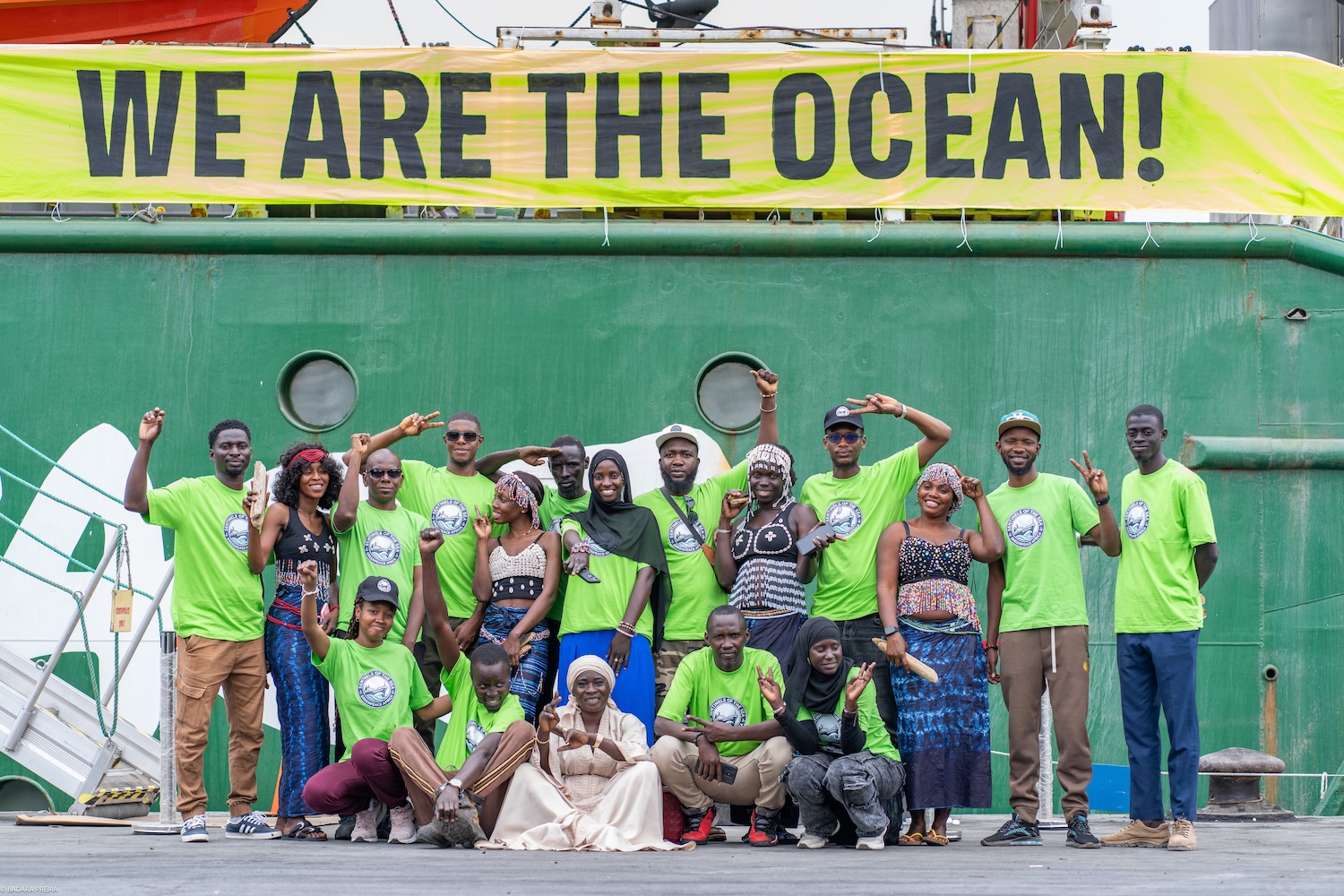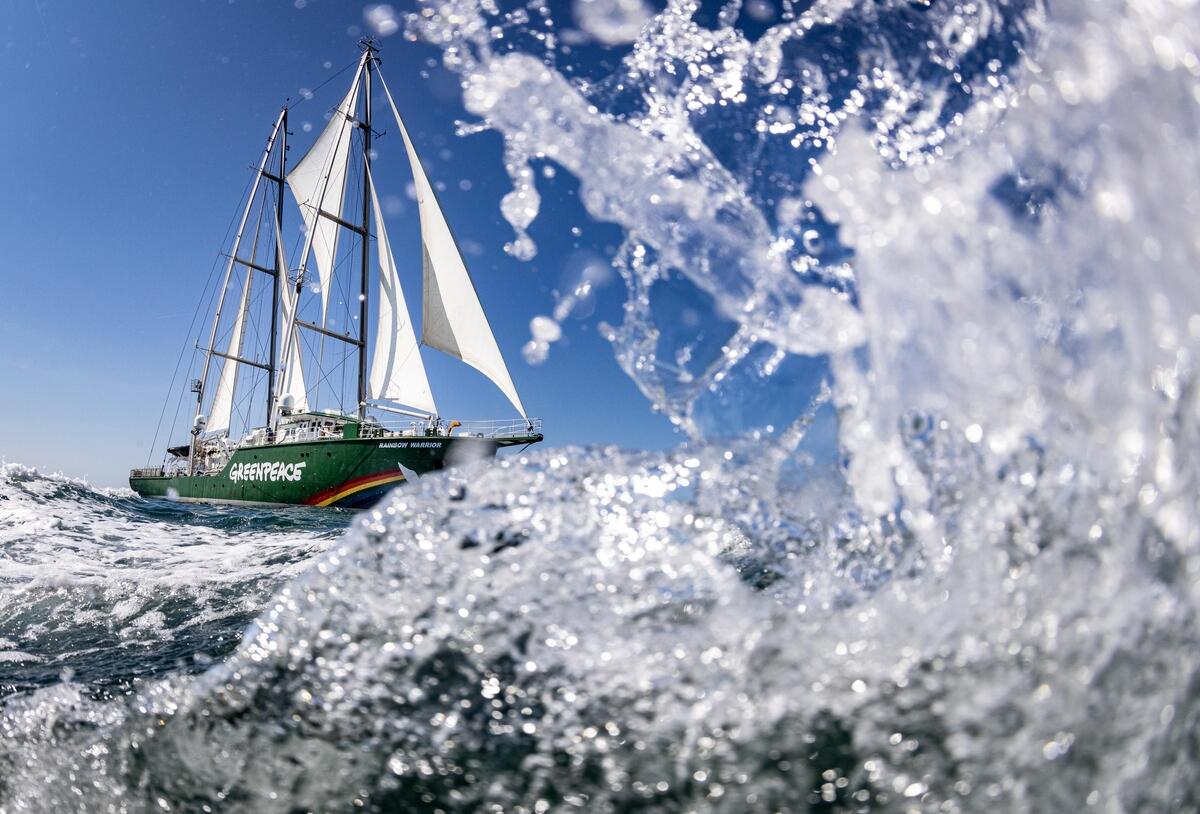Yaoundé, May 8, 2025 – Cameroon has taken a major step toward ocean protection by signing, on May 2, 2025, the Agreement on the Conservation and Sustainable Use of Marine Biological Diversity of Areas Beyond National Jurisdiction (BBNJ Agreement). This agreement aims to establish a global, legally binding framework for the preservation of biodiversity in the high seas.
The news comes just weeks before the United Nations Ocean Conference (UNOC), strengthening Cameroon’s position on the international stage in ocean governance. “The Cameroonian government’s signature is a glimmer of hope for the future of our oceans,” says Dr. Aliou Ba, Oceans Campaign Lead at Greenpeace Africa. “We now hope for swift ratification so that this commitment can become reality.”
The signed agreement is part of a global movement to close the legal gap surrounding international marine areas. It establishes binding rules to protect species, regulate human activities on the high seas and enhance scientific cooperation.
However, vigilance remains crucial at the national level. A recent Mongabay investigation, published in April 2025, revealed serious threats to the Manyange na Elombo Campo Marine Park —the first marine protected area in Cameroon. This site, located near Kribi, is currently under threat from a controversial iron mining project.
“This example highlights the contradictions between political commitments and on-the-ground realities,” notes Dr. Ba. “The treaty’s signature alone is not enough. It must be followed by strong measures to protect coastal areas and marine resources.”
With 500 kilometers of coastline along the Atlantic Ocean, Cameroon is home to remarkable marine biodiversity: over 500 fish species, marine mammals, and plankton-rich ecosystems. These vital resources are now under threat from industrial exploitation, pollution and the effects of climate change.
Greenpeace Africa is urging Cameroonian authorities to turn this signature into concrete action: strengthening conservation mechanisms, monitoring marine activities and honoring international commitments.
“We applaud Cameroon’s example and call on other African nations to follow suit. This treaty is a historic opportunity for Africa to play a leading role in ocean protection—for the benefit of communities, biodiversity, and future generations.” concludes Dr. Ba.
Media Contact:
Luchelle Feukeng, Communication and Storytelling Manager, [email protected], +237 656 46 35 45



